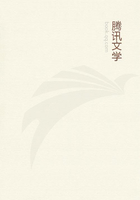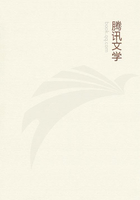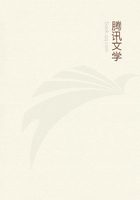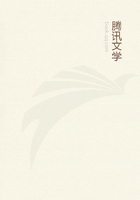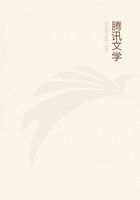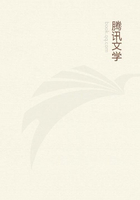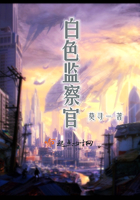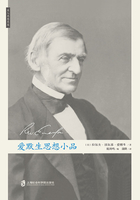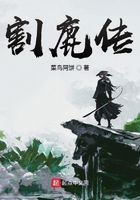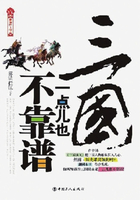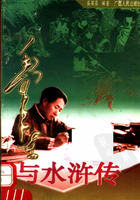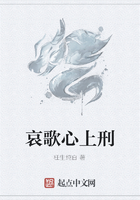"We come before you on this occasion, gentlemen of the jury, to plead a cause which it is believed is unprecedented, in its peculiar facts, among the annals of justice in our great and glorious country. Never, indeed, should I have believed it possible that an American citizen could, under any circumstances whatever, have been compelled during so long a period to forego his just and legal rights; ay, that he could be forced to the very verge of abandoning those rights--all but forced to forget them. Yet, such are the facts of the case upon which you are now to decide. The individual appearing before you this day, claiming that the strong arm of the law be raised in his behalf, first presented himself to me, with the very same demand, six years since; to my shame I confess it, he was driven unaided from my door--I refused to assist him; he had already carried the same claim to others, and received from others the same treatment. And what is this claim, so difficult to establish? Is it some intricate legal question? Is it some doubtful point of law? Is it a matter which requires much learning to decide, much wisdom to fathom? No, gentlemen; it is a claim clearly defined, firmly established; never yet doubted, never yet denied: it is a claim, not only recognized in the common-law of every land, protected in the statute-books of every nation, but it is a claim, gentlemen, which springs spontaneously from the heart of every human being--it is the right of a son to his father's inheritance. A right, dear alike to the son of one of our merchant princes, and to the son of the porter on our wharves."
"Mr. Clapp paused; he looked about the court, rested his eyes on his client, ran his fingers through his curls, and then proceeded.
"Gentlemen; I have told you that it is the right of a son to his father's inheritance, which we this day call upon you to uphold.
It is more; it is the sacred cause of the orphan that you are to defend. Yes, gentlemen; at the moment when William Stanley should have taken possession of the inheritance, which was his by the threefold title of nature, of law, and of parental bequest, he was a mere boy, a minor, a wanderer on the deep; one of that gallant class of men who carry the glorious colours of our great and happy country into every port, who whiten every sea with American canvass--he was a roving sailor-boy!"
And setting out from this point, Mr. Clapp made a general statement of the case, coloured by all the cheap ornaments of forensic eloquence, and varied by allusions to the glory of the country, the learning of all judges, particularly American judges, especially the judges then on the bench; the wisdom of all juries, particularly American juries, especially the jury then in the box. He confessed that his client had been guilty of folly in his boyhood; "but no one, gentlemen, can regret past misconduct more than Mr. Stanley; no son ever felt more deeply than himself, regret, that he could not have attended the death-bed of his father, received his last blessing, and closed his eyes for the last time!" Mr. Clapp then read parts of Mr. Stanley's will, gave an outline of his client's wanderings, and was very particular with names and dates. The sailor's return was then described in the most pathetic colours. "He brought with him, gentlemen, nothing but the humble contents of a sailor's chest, the hard-earned wages of his daily toil; he, who in justice was the owner of as rich a domain as any in the land!"
The attempts of this poor sailor to obtain his rights were then represented. "He learned the bitter truth, gentlemen, that a poor seaman, a foremast hand, with a tarpaulin hat and round-jacket, stood little chance of being heard, as the accuser of the rich and the powerful--the men who walked abroad in polished beavers, and aristocratic broad-cloths." Aristocracy having once been brought upon the scene, was made to figure largely in several sentences, and was very roughly handled indeed. To have heard Mr. Clapp, one would have supposed aristocracy was the most sinful propensity to which human nature was liable; the only very criminal quality to which republican nature might he inclined. Of course the defendants were accused of this heinous sin; this brilliant passage concluded with a direct allusion to the "very aristocratic trio before him." Mr. Stanley was declared to be no aristocrat; he was pronounced thoroughly plebeian in all his actions and habits. "Like the individual who has now the honour of addressing you, gentlemen, Mr. Stanley is entirely free, in all his habits and opinions, from the hateful stain of aristocracy." He continued, following his client's steps down to the present time, much as they are already known to the reader.
Then, making a sudden change, he reviewed the conduct of the defendants as connected with his client.
{"Aristocracy" = Susan Fenimore Cooper was very familiar with court proceedings in the 1840s. Her father was at this time involved in a series of generally successful libel suits against newspapers, which defended themselves by accusing him of being "aristocratic," a sore point, as he had repeatedly denounced aristocracy as the worst of all forms of government}

